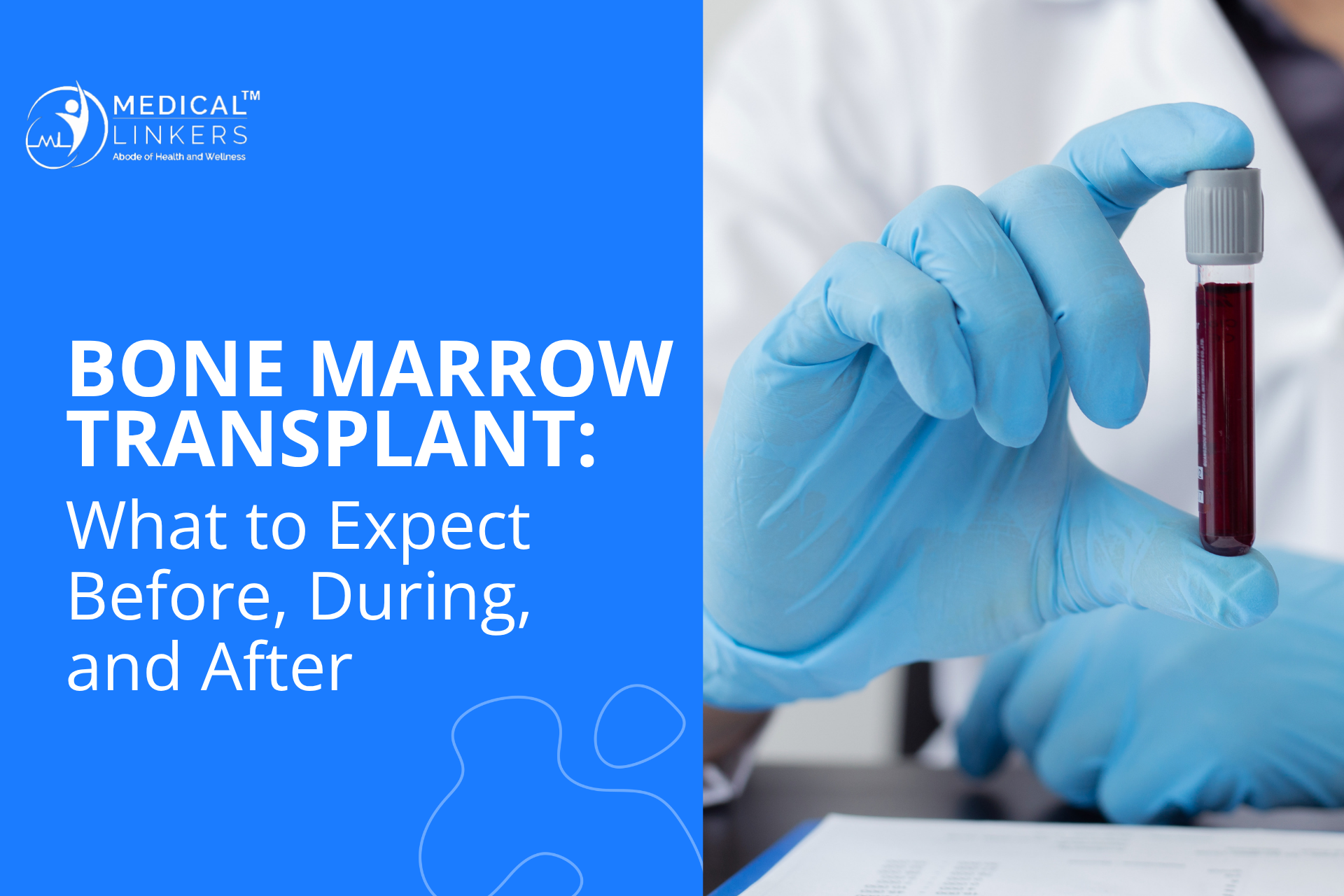Types of Hyperthermic Intraperitoneal Chemotherapy (HIPEC) Surgeries
Closed Abdomen Technique (Closed HIPEC) - The abdomen is closed after surgery, and the heated chemotherapy solution is circulated within the closed cavity for 60-90 minutes, minimizing exposure to the surgical team.
Open Abdomen Technique (Coliseum Technique) - The abdomen remains open after surgery, covered with a plastic sheet, allowing manual stirring of the heated chemotherapy solution for even distribution, typically for 60-90 minutes.
Closed Technique with Laparoscopic Assistance - A minimally invasive approach using laparoscopic instruments to circulate the heated chemotherapy solution within the abdominal cavity, suitable for patients with less extensive disease.
Bidirectional HIPEC - Combines intraperitoneal chemotherapy with systemic chemotherapy to enhance treatment effectiveness by targeting cancer cells both within the abdominal cavity and through the bloodstream.
Pressurized Intraperitoneal Aerosol Chemotherapy (PIPAC) - Chemotherapy is delivered as an aerosol under pressure via laparoscopy, repeated multiple times at intervals, useful for recurrent or inoperable peritoneal carcinomatosis.
Diagnosis
HIPEC is planned after diagnostic tests such as CT scan, MRI, PET scan, histopathology, laparoscopy, and tumor marker blood tests. These help determine tumor spread, patient eligibility, and the extent of surgery required.
Diagnostic Cost in India
| Diagnostic Procedure |
Cost in USD |
| Blood Tests |
50 to 80 |
| Radiological Assessment |
100 to 200 |
| Histopathology Examination |
150 to 250 |
| Immunohistochemistry Examination |
100 to 150 |
| Full Body PET Scan |
400 to 600 |
Surgery Cost in Different Countries
| Country |
Cost in USD |
| India |
11000 to 19000 |
| Turkey |
28000 to 38000 |
| UAE |
45000 to 75000 |
| USA |
135,000 to 150,000 |
Surgery Cost in Indian Cities
| City |
Cost in USD |
| New Delhi / NCR |
11000 to 18500 |
| Mumbai |
13000 to 19500 |
| Bangalore |
13000 to 19000 |
| Chennai |
12000 to 17500 |
Surgery Cost Inclusions
| Pricing Inclusions |
Option |
| Routine patient investigations before surgery |
Included |
| Type of HIPEC advised |
Included |
| Type of surgery as advised |
Included |
| Surgeon fee, OT charges, anesthesia |
Included |
| Routine drugs and consumables required during hospitalization |
Included |
| Pre-anesthesia check up and clearance |
Included |
| Dressing examination and first consultation after discharge |
Included |
Top Hospitals in India for this Surgery
Artemis Hospitals, Gurgaon
Max Hospital Gurugram
Gleneagles Global HealthCity, Chennai
Max Super Speciality Hospital, Shalimar Bagh, New Delhi
Fortis Memorial Research Institute, Gurgaon
Medanta - The Medicity, Gurugram
Factors Affecting Hyperthermic Intraperitoneal Chemotherapy (HIPEC) Surgery in India
Please note that the costs mentioned above are only indicative and not conclusive, as multiple factors influence the final cost of your treatment journey. These factors include:
The choice of location, type of cytoreductive debulking surgery advised alongside; doctor and hospital; type, size and location of the tumor; stage and grade of cancer; pre-existing medical history; type and duration of treatment advised; type of approach drug used; type of surgery approach; need for extended hospital stay; need for any other additional treatment; type of surgery and approach; overall patient status and condition at the time of surgery; hotel stay, meals, and flights; extended hospital stay; post-operative follow-ups and medical management; post-operative dressing and nurse visits; any required blood products; complications management; treatment for any other underlying medical conditions; and any complex investigations.




























